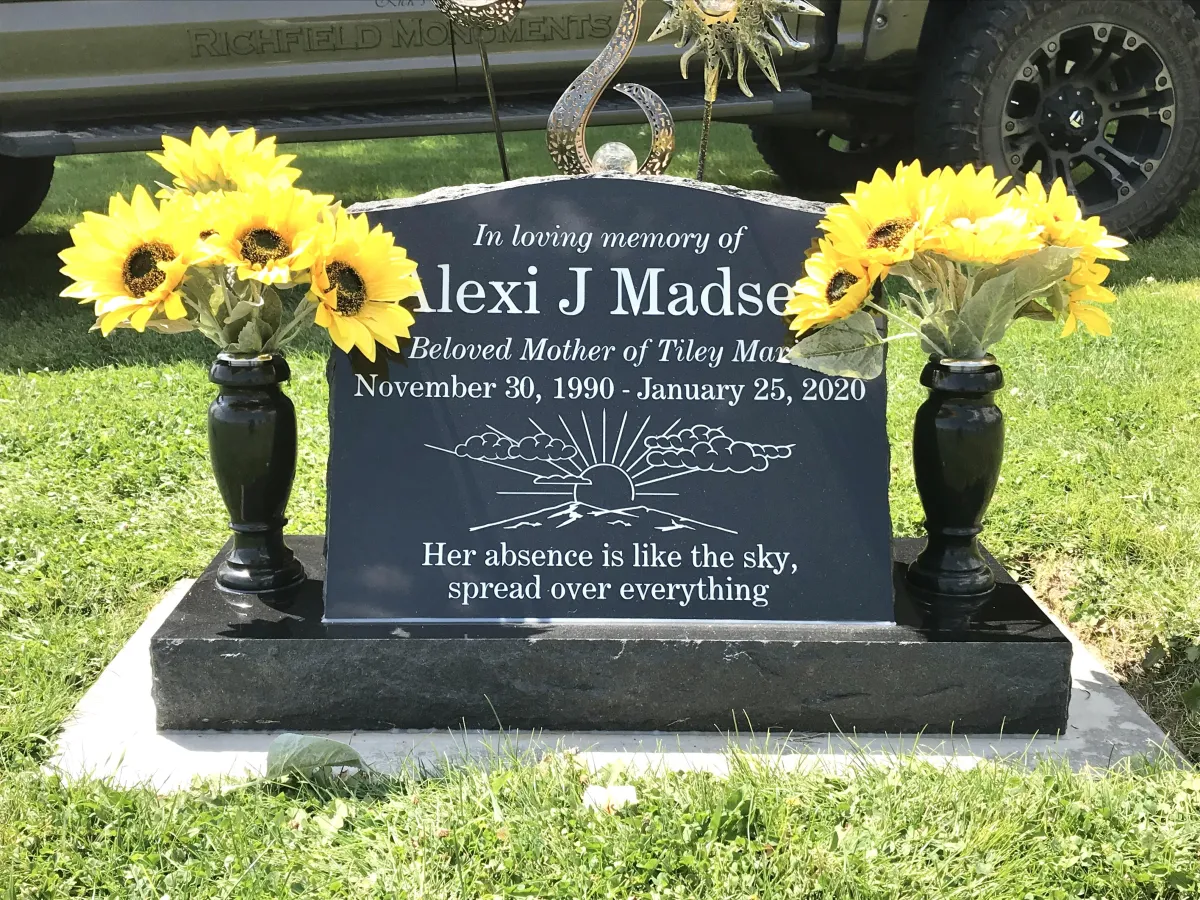The Monument & Headstone
Process Simplified
So you can spend less time worrying and more time healing.

Granite Headstones
Custom Artwork
Death Dates
All Work In-House
We simplify the process in 3 Easy Steps so you can start
designing your headstone today.
Step 1 - Choose Your Stone
We understand that picking that perfect stone can be a difficult process. With quality stone and multiple options, we make it simple to find the perfect stone for your loved one.
Step 2 - Choose Your Design
Your headstone is going to tell a story about your loved one. We have custom design options that make the process of telling that story enjoyable.
Step 3 - Enjoy The Process
Once you choose your stone, choose your design and purchase your monument, we will take it from here. Let us help you in your time of need.
You shouldn't have to feel overwhelmed with the headstone or monument creation process.
No Pressure Buying Process
All Work Done In-House
Real People
Quality Results
Dedicated & Friendly Staff
Price Matching
Cemetery Ordinances Followed
Custom Designs Welcome

With over 100 years of headstone & monument design experience, Richfield Monuments makes the process easier for you.
Great company to work with. Very helpful and skilled. They made the process smooth and easy. I love the headstone and have told several friends about them.
- Shelly B.
Richfield Monuments were very friendly and easy to work with during the entire process. Priced very well, and the quality is amazing. They went over and above to make sure we received exactly what we had envisioned. They had it finished and placed well before they had estimated it would be done, so that was a nice surprise as well.
- Jared R.

Genealogy Headstone
Single/Personal Monument
Double/Companion Monument
Death Dates
Additions to Existing Monument
Address Stones
Decorative Tiles
Child/Baby Headstones
Infant Monuments
Flagpoles

Family Business Since 1895

Rick & Katie Lindsay
Owners


Facebook
Instagram